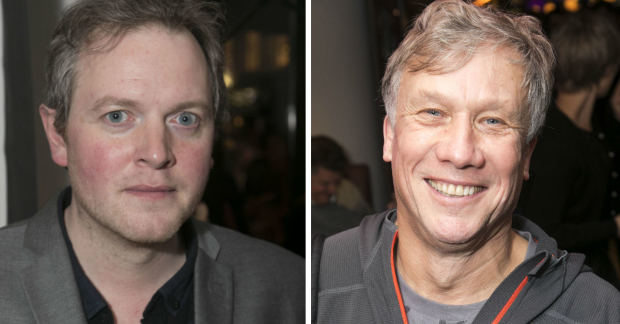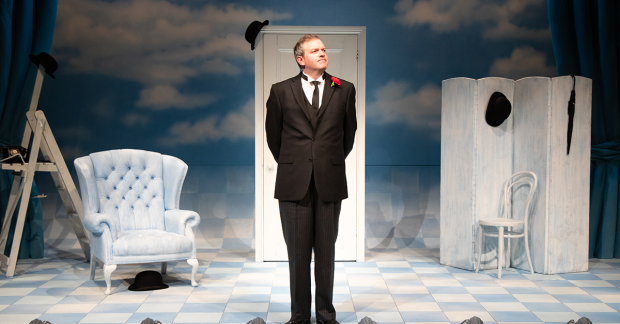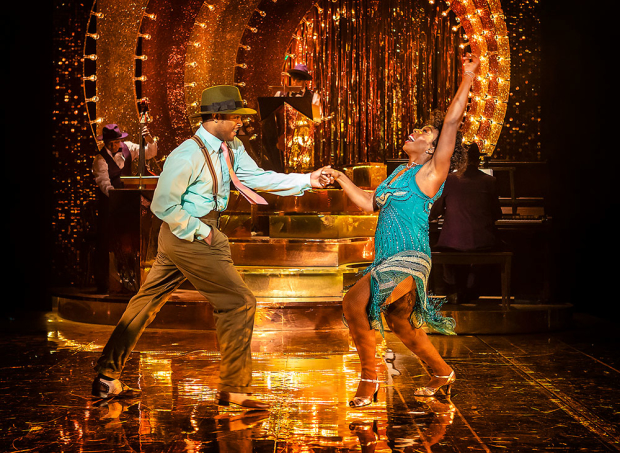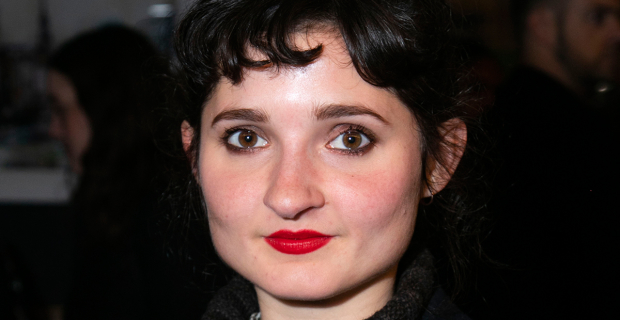Review: The Rubenstein Kiss (Southwark Playhouse)
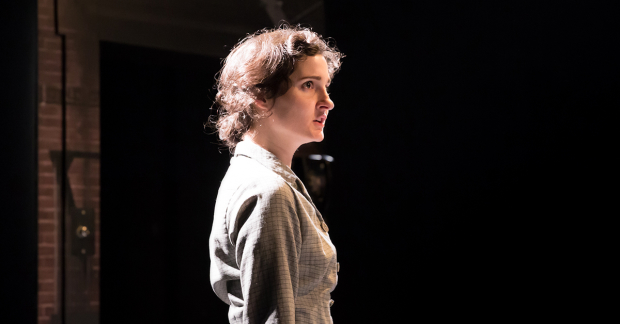
© Scott Rylander
"It was a queer, sultry summer, the summer they electrocuted the Rosenbergs, and I didn't know what I was doing in New York…" Thus begins Sylvia Plath's famous novel, The Bell Jar. The story of the Rosenbergs – two Jewish American citizens who were convicted of conspiracy of selling secrets to the Soviet Union in the 1940s – has been popular in literature, film and theatre alike. And it's not difficult to see why – it is the perfect dramatic tale filled with espionage, love and betrayal.
This play by writer James Phillips is titled after a real photograph of the Rosenbergs, who, on the day of the execution, were captured in passionate embrace in the back of a police van. It prompted questions surrounding the legitimacy of their love and legacy – were they faking their passion for the cameras? Did they die for a lie or for the truth? Despite the juicy source material, this piece, which is inspired by the Rosenbergs' story, rejects the temptation to focus solely on the couple at its heart. The Rosenbergs are here dubbed the Rubensteins and the plot closely follows Esther Rubenstein's brother David Girshfield (Sean Rigby) and his fiancée, Rachel Liebermann (Eva-Jane Willis), whose moral choices have deadly consequences for the Rubensteins. The production examines the impact of our choices on those we leave behind, and questions whether our ideas can truly outlive us.
Joe Harmston's staging is sparse, with the central action – from both homemade dinners to tense interrogations – taking place around a single oak table. The intersections between private and public, family and betrayal, intimacy and distance revolve around this single item. Above the table are five hanging lights. During each slickly executed transition, these lights flicker in time to Matthew Bugg's ghostly soundscape and bursts of static; it is a haunting foreshadowing of the electrocution to come.
The play makes good use of its transitions, with Phillips' text increasingly shifting between time periods as the story unravels. It's fascinating to see Harmston's handling of a piece which has a pace that moves from slow and considered, to, by the second act, intense periods of action (not without its melodrama). Eventually it places the Rubensteins' stories alongside those of their children.
The performances are moving, with Esther (Ruby Bentall) a strong-willed co-conspirator to her passionate and instantly sympathetic husband, played by Henry Proffitt. Stephen Billington brings a lively performance to the character of the FBI Agent who questions the Rubensteins. However, his motives within the text itself always feel unclear. We never understand why the agent takes a personal stake in the investigation, and why he favours Jakob Rubenstein in the first place. Nevertheless, Billington plays his role with an urgency and a grounding that holds our interest.
At two hours and forty five minutes it's a long production and it suffers slight dips in pacing, but has some relevant commentary on fraught political climates.



